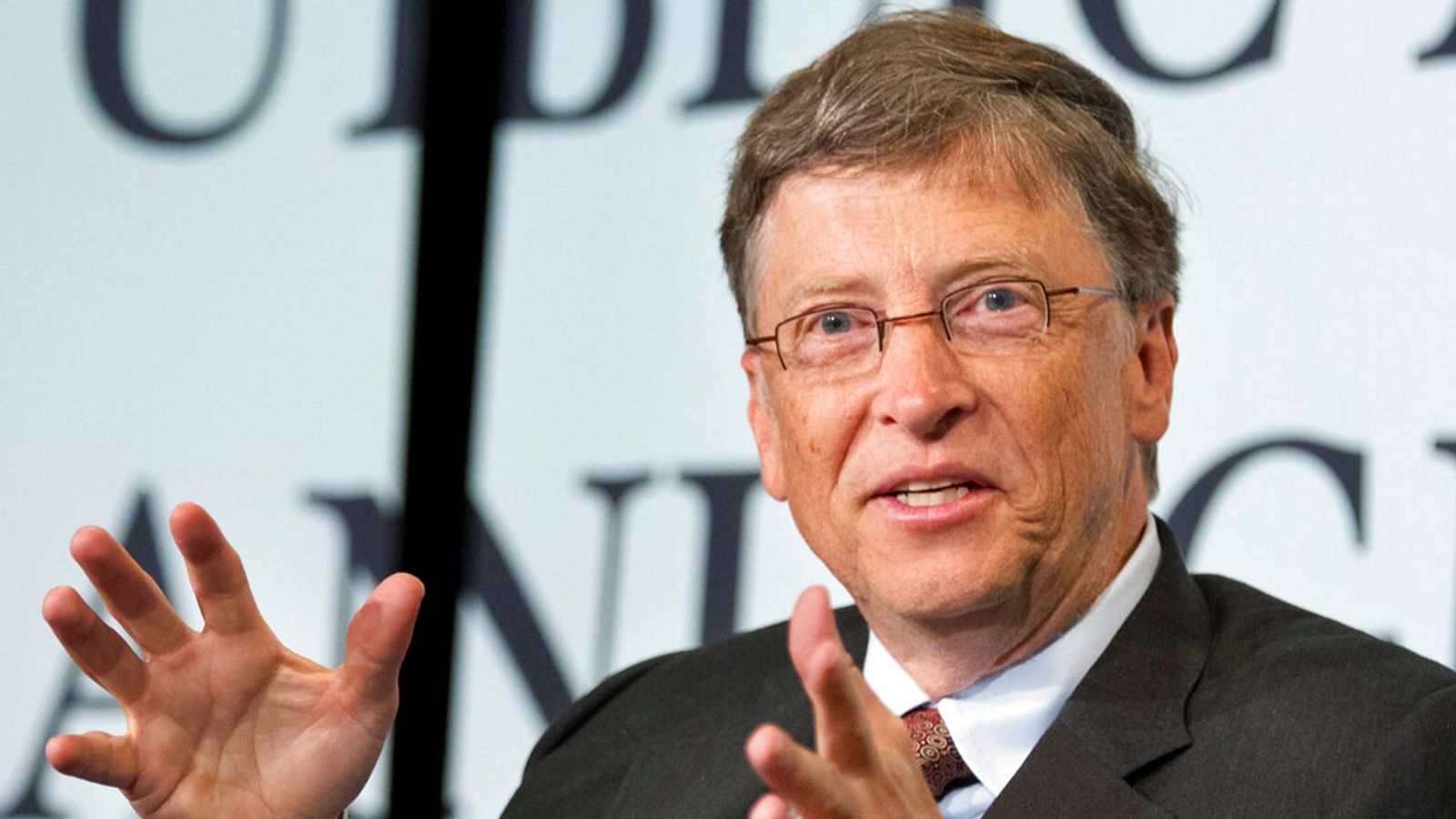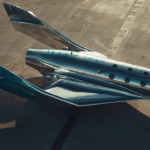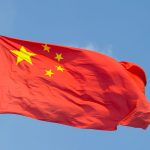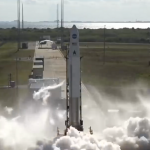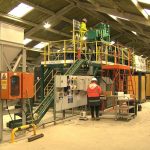Bill Gates has urged rich nations to move to “100% synthetic beef” in order to address the greenhouse gas emissions driving global climate change.
In his new book, How to Avoid a Climate Disaster, the billionaire philanthropist stresses that while it remains possible for humanity to avert the disaster through technological achievements, government policy will ultimately be needed.
Speaking to the MIT Technology Review magazine, he said that some governments would be constrained by their wealth: “I don’t think the poorest 80 countries will be eating synthetic beef. I do think all rich countries should move to 100% synthetic beef.”
Burping cows bred for beef are a massive contributor to emissions of the potent greenhouse gas methane, which has reached record levels according to research published last July.
The amount of methane in the atmosphere grew massively between 2000 and 2017, leading to what researchers believe could be a global warming increase of up to four degrees Celsius by the end of the century.
Scientists warn that this is a dangerous threshold for humanity to cross, leading to an increased risk of natural disasters due to ecological disruption which would cause mass famine and migration.
“Emissions from cattle and other ruminants are almost as large as those from the fossil fuel industry for methane,” according to Dr Robert Jackson. “People joke about burping cows without realising how big the source really is.”
Talking about the problem to MIT Technology Review, Mr Gates described the livestock problem as “very difficult” noting that even compounds which reduce methane emissions weren’t enough.
“You can get used to the taste difference, and the claim is they’re going to make it taste even better over time,” added Mr Gates.
He noted one company, Memphis Meats, which actually makes synthetic meat at a cellular level to address this issue, but he said “I don’t think that [technique of manufacturing synthetic beef] will ever be economical.”
However, he added, companies such as Impossible and Beyond “have a road map, a quality road map and a cost road map, that makes them totally competitive”.
While these companies represent less than 1% of the world’s meat supply, “they’re on their way”, he added, saying he could actually see a path to addressing the issue.
